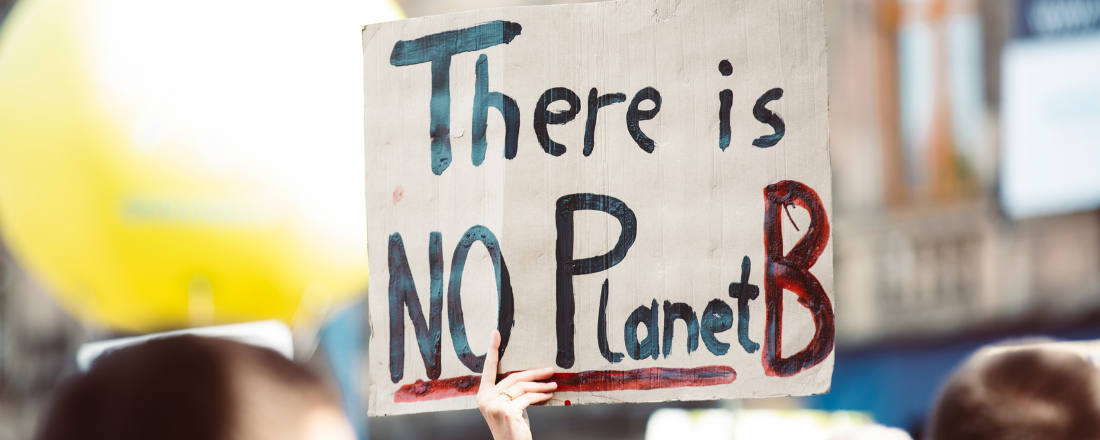
Statement
PHI Statement on Passage of Inflation Reduction Act
-
Focus Areas
Environmental Health -
Issues
Climate Change -
Expertise
Public Policy Advocacy

Statement from Mary A. Pittman, President and CEO of the Public Health Institute
“The Public Health Institute recognizes the vital importance of the Inflation Reduction Act and the support it provides to boost the health of individuals, families, communities and to address the climate crisis. The funding priorities in this Act make explicit the critical connections between health, economic prosperity, and climate change. Efforts to mitigate and address the consequences of human activity on our environment are an investment in health and our economic future, just as any sound economic growth plans can’t come at the expense of a healthy planet or communities.
“To that end, we are enthusiastic to see the investments included in the legislation signed by President Biden today, including an extension of the Affordable Care Act subsidies, and efforts to curb inflation. More money in the pockets of Americans, reducing the costs of prescription drugs, and protecting access to affordable healthcare are essential to improve conditions for health. The investments in sustainable agriculture will build a more just and resilient food system, which is critical for workers and farms here in California, and to the global food system at a time of increased food insecurity and malnutrition.
“Addressing the climate crisis means prioritizing those impacted first and worst. The $2.8 billion provided for Environmental Justice and Climate Block Grants is a hallmark effort to recognize the role of community-based organizations, and to mitigate global heating and the climate crisis, which disproportionately impact our poorest, Black, Latinx and other systemically excluded communities.
“It is essential that these block grants support the types of programs and initiatives that PHI already knows work: partnerships with CBOs that recognize and resource their critical role as trusted experts in their communities; community-led efforts to prioritize the issues and solutions that they know work best; use of granular data that can rapidly pinpoint and tailor solutions at the neighborhood level. Our own work during COVID has shown that when funds are implemented with flexibility, trust and a minimum of operational burden, even the smallest community organizations can make rapid, sustainable and deep impact. That is what we need to protect communities from the immediate impacts of climate change, and our planet in the long run.
“We are disappointed that important support for families and children were not included, including universal pre-kindergarten, paid family and sick leave and the enhanced child tax credit, along with important nutrition provisions, including free school lunches. Still, we recognize the progress made in this significant and impactful piece of legislation and applaud President Biden and Congress for their leadership. We look forward to collaborating with our partners across sectors to ensure its success.”
More Updates
Work With Us
You change the world. We do the rest. Explore fiscal sponsorship at PHI.
Support Us
Together, we can accelerate our response to public health’s most critical issues.
Find Employment
Begin your career at the Public Health Institute.



